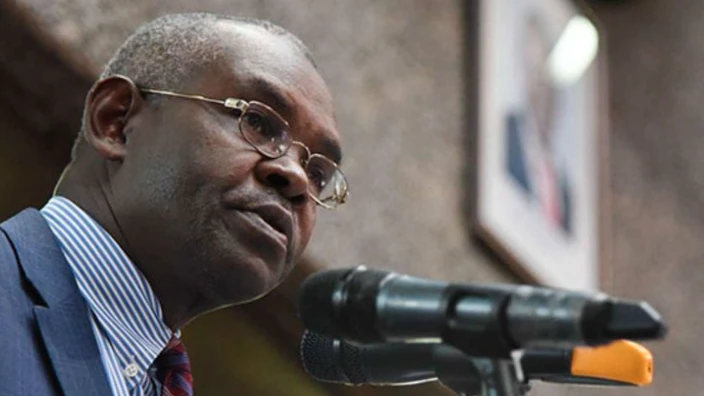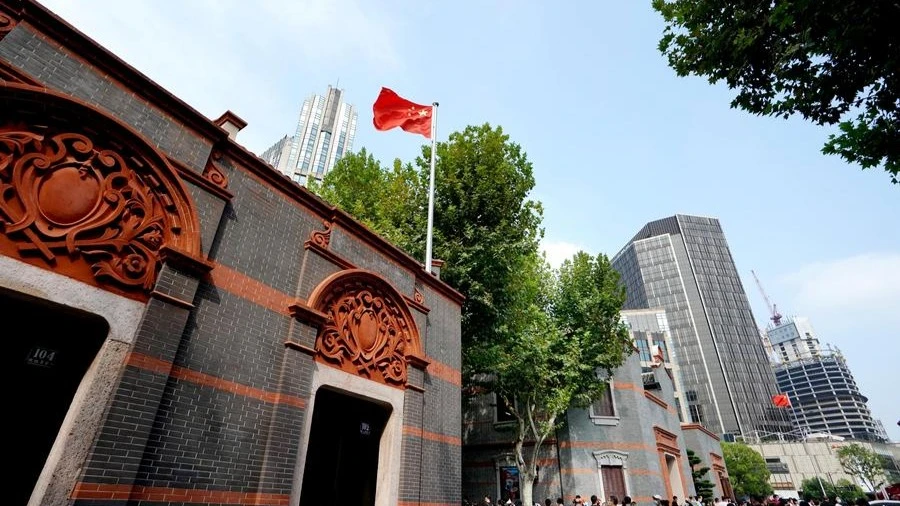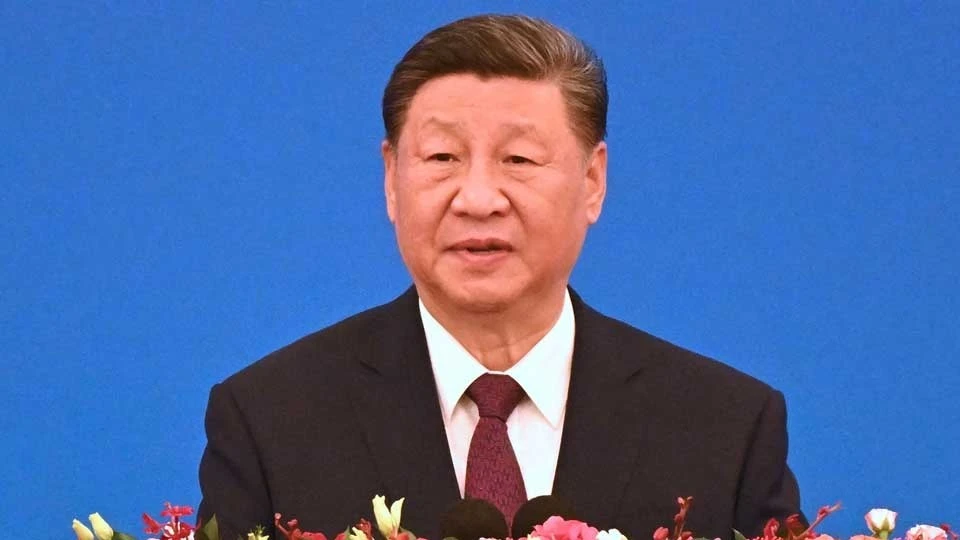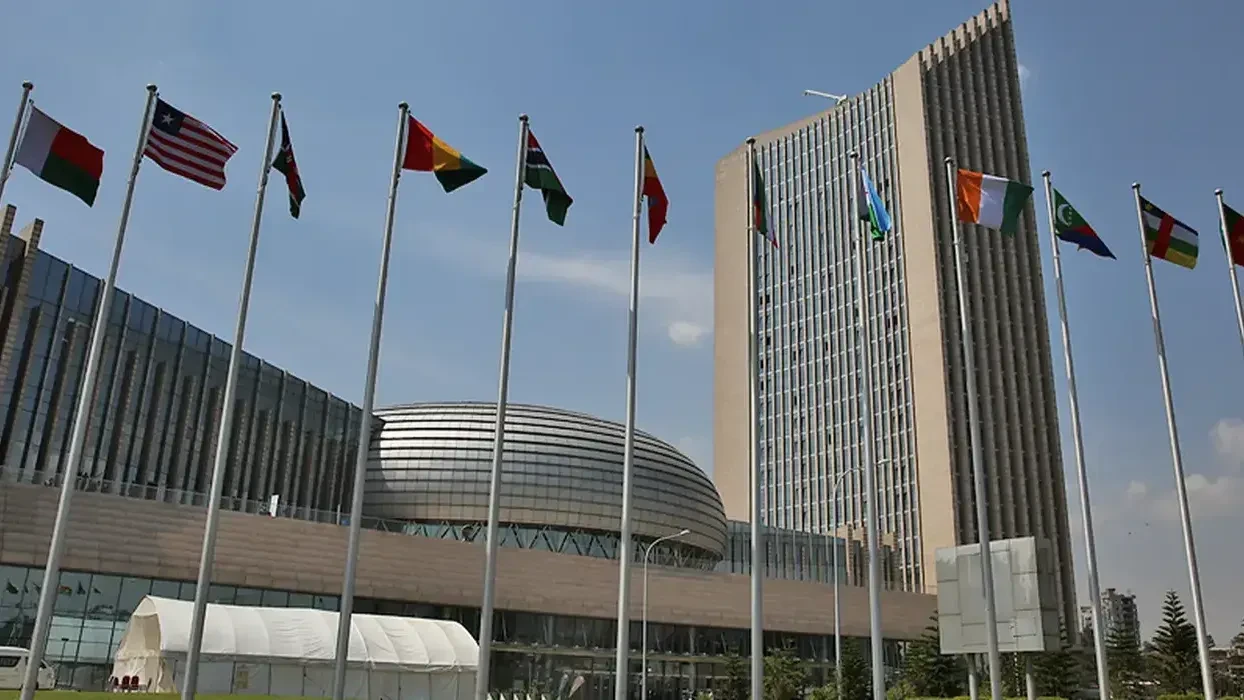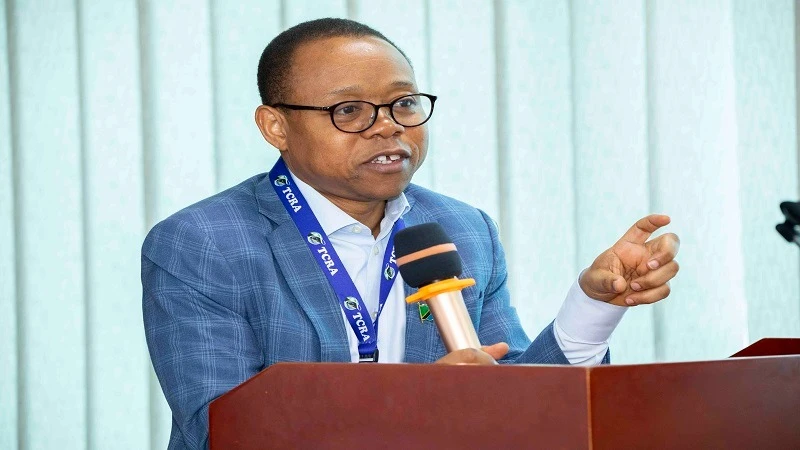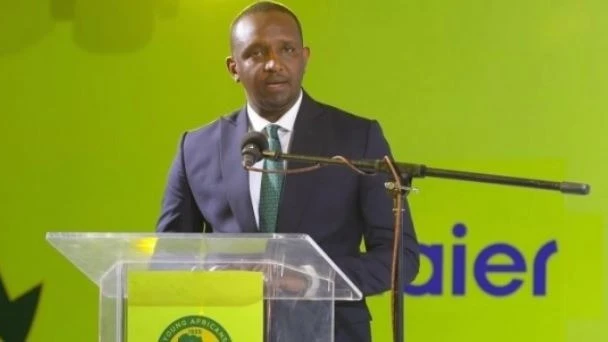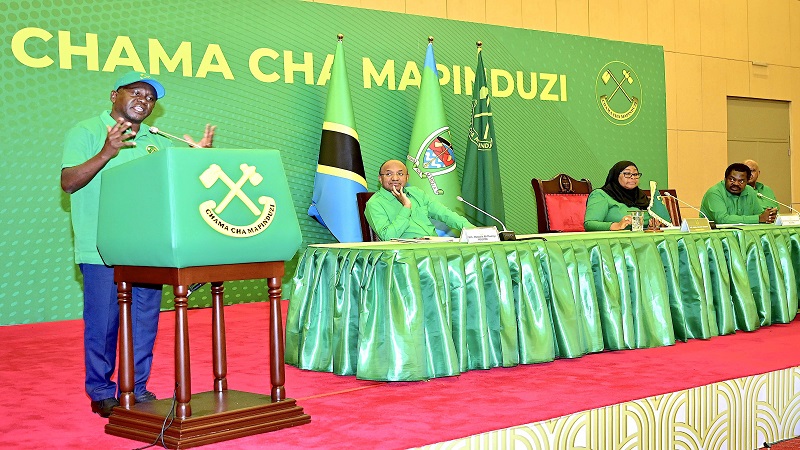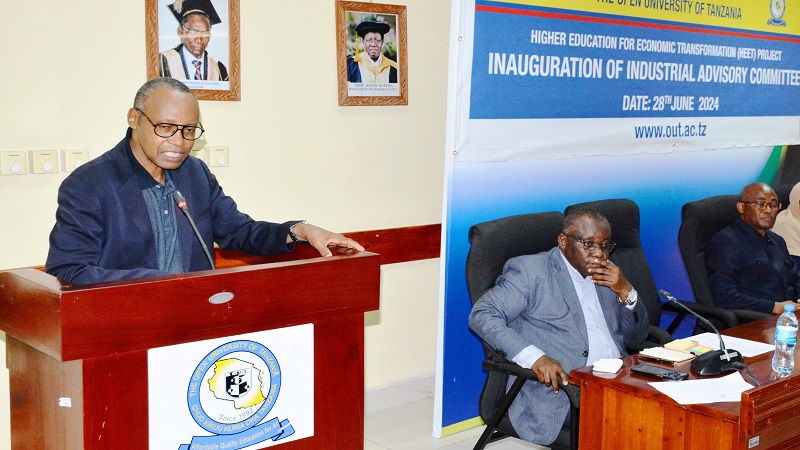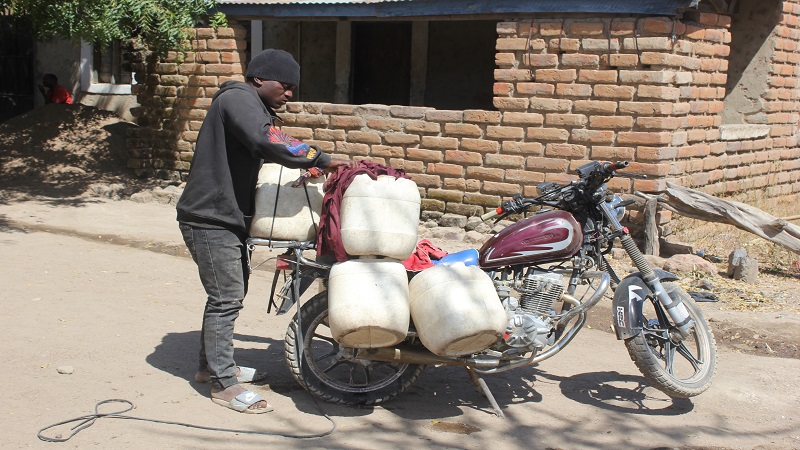Breach of regulations amplify urban filling station construction projects

THE breach of regulations regarding the distance to be considered in construction of petroleum products filling stations is among the two major factors that amplify the mushrooming of the stations within urban human settlements.
This journalist has learned that the second major factor behind the vast increment of filling stations within people’s residence is for the majority of the 184 country’s district councils, particularly those in urban areas, administering changes of land use permits from original residential housing development permits to filling stations construction permits without prior consultation with the National Environment Management Council (NEMC) on environmental pollution and conservation related issues.
The Petroleum (Wholesale, Storage, Retail and Consumer Installation Operations) Rules 2020 made under Section 259 (1) of the Petroleum Act Cap 392 of 2012 by the Energy and Water Utilities Regulatory Authority (EWURA) sets a mandatory distance of 200 meters an equivalent to a space of two joined football playgrounds in construction of one filling station to another but it is not the case in most of the country’s urban districts.
A four-month observation survey by this journalist in urban Dar es Salaam, Dodoma city, Chalinze in the Coast region and Morogoro town has discovered that most of the filling stations are constructed in a distance that doesn’t exceed 150 meters as required by EWURA’s rules.
The then minister for Land, Housing and Human Settlements Development, Dr Angeline Mabula on September 6, 2022 when opening the ministry’s head of departments’ meeting held in Dar es Salaam directed them to ensure that land use planning departments at the district councils collaborate with EWURA’s officials in changing the current 200 meters distance to 500 meters because she had learned that filling stations were too closely constructed in urban areas.
This journalist has learned that the ex-minister's directive is yet to be aligned with the EWURA's law and those of the district councils' land use and planning regulations.
As a result of this situation, public safety is under high threat following the mushrooming of fuel filling stations within urban human settlements.
In the survey, this journalist has observed that two filling stations in Posta central business district have been constructed in a distance less than 150 meters.
Along Morogoro road there are three closest filling stations built in this manner. From Mbezi Shule in Kinondoni district council to Mbezi Mwisho in Ubungo district council through Goba highway there are two closest filling stations.
Along Mandela road, there are three closest filling stations, the first one just immediately after the Mwenge commuter bus stop, the second station at Mpakani commuter bus stop while the third station is positioned just opposite to Mlimani city shopping mall.
There are two closest filling stations along the Mwenge-Ubungo road while along the Buguruni-Ilala Boma road there are three stations.
There are three closest filling stations along the Temeke road from Tazara to Tandika center while in Kigamboni district there are four stations along the Kigamboni ferry-Kibada road.
The survey has further discovered that there are four closest stations along Pugu road in Ilala district located from Mzambarauni to Mwisho wa Lami in Gongo La Moto. The Kiwalani-Buza road in Teneke district has three closest stations.
The survey further shows that from Ubungo Maji to Kimara Temboni suburb there are four closest filling stations. The similar scenario has been observed in Dodoma city, Chalinze district council and Morogoro town.
Alfred Mbyobyo, Dar es Salaam Residence Planning Officer, said that his office has been always keen in ensuring that the Land Act No. 4 Cap 334 of 1999 and EWURA’s laws are fully observed in the whole process of issuing permits for construction of the filling stations in the city.
Jamal Baruti, NEMC Manager for Review of Environmental and Social Impact Assessment, said in a recent interview that land use and planning departments at urban district councils have been consulting the authority to verify plots for construction of fuel stations while they have already issued the investors with change of land use permits and title deeds.
“Issuance of land to develop fuel filling stations without prior consultation of the authority is against the Environmental Impact Assessment and Audit Regulations (Amendment) 2018. However, it is also against the Land Act No. 4 Cap 334 of 1999,” said Baruti.
Mabusi Peter, Ilala Regional Senior Assistant Commissioner of the Fire and Rescue Force said that construction of fuel filling stations within human settlements’ puts at threat people’s lives and their properties.
A section of Dar es Salaam residents interviewed by this journalist expressed to be irritated by the mushrooming of fuel stations in their areas of residence.
Isaac Shilo, a Makumbusho-Buguruni commuter bus driver and resident of Keko Street in Dar es Salaam said that people with permanent residential houses have nowhere to run but to endure whatever the situation faces them linked to fuel stations businesses nestled within human settlements.
“People residing in rented houses are forced to relocate from one neighborhood to another fearing safety-related risk likely to be posed by the uptick of fuel stations in areas of congested human residence,” said Shilo.
Sophia Emmanuel, a Vingunguti Street resident in the city wondered why the government continues issuing licenses for establishment of fuel stations while on the other hand it is campaigning on the shift to compressed natural gas (CNG) consumption for vehicles.
“In my opinion, the shift to clean energy sources for vehicles from petroleum products is just a matter of politics because the government itself seems not to believe in it,” she said.
Helen Josephat, Salasala Street resident in Dar es Salaam said that she is suspicious whether corruption is involved in the process of acquiring the permits for construction of fuel stations without adherence to environmental and land laws.
With regard to corruption, On December 23 last year, Jerry Silaa, Minister for Lands, Housing and Human Settlements Development claimed to have been enticed to accept a bribe from one of the investors in the fuel business in Dar es Salaam who had set up a petrol station at Mikocheni Street without following required procedures by regulatory bodies on environmental issues.
Silaa is on record claiming that the businessman in question had promised him a 300mn/- bribe with the intention of silencing him from questioning the construction of the petrol station nearby people’s residential houses.
The Prevention and Combating of Corruption Bureau (PCCB) is yet to comment on the allegedly corruption claims raised by the lands minister six months on.
PCCB Director General CP Salum Hamduni issued an alert on construction of fuel filling stations on March 28, 2024 when presenting the bureau’s performance report for 2022/23 financial year to President Samia Suluhu Hassan at the Chamwino State House in Dodoma.
Hamduni said that 79 percent of the 38 screened filling stations in urban areas were issued with construction permits with the respective district councils. The remaining 21 percent were denied permits due to environment management and safety related reasons.
“PCCB has learned that there has been a reasonable surge in construction of fuel filling stations within human settlements. I recommend that the fastest growth in the number of filling stations should be closely monitored,” said Hamduni.
Top Headlines
© 2024 IPPMEDIA.COM. ALL RIGHTS RESERVED





